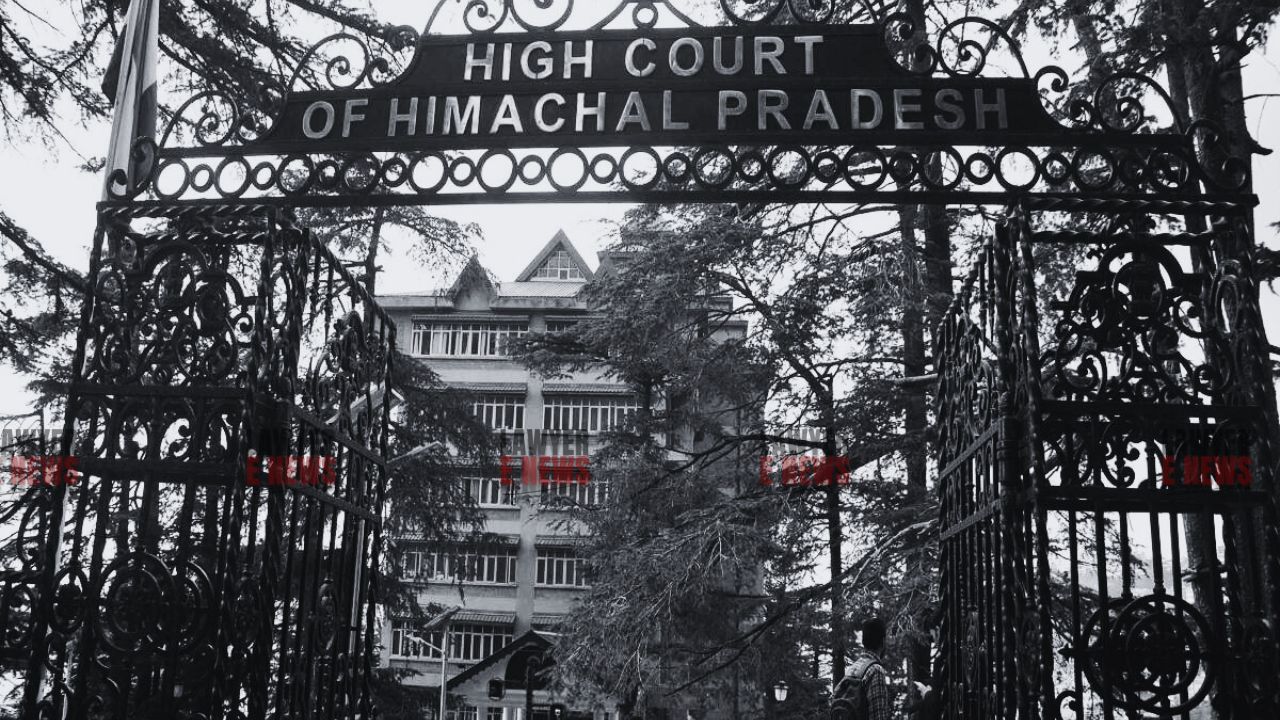-
by Admin
15 February 2026 2:16 AM



“In the instant case, other than for the bare pleadings in the claim petition, the petitioner has failed to produce any material on record that either driver or conductor of the bus was negligent in causing the accident.” – Justice Sushil Kukreja, Himachal Pradesh High Court. The High Court of Himachal Pradesh, in a judgment delivered on September 6, 2024, dismissed an appeal filed by Rattan Chand, who sought compensation for injuries sustained in a road accident involving a Himachal Road Transport Corporation (HRTC) bus. Chand had initially approached the Motor Accidents Claim Tribunal, Kinnaur, seeking ₹6,70,000 in compensation, claiming that the driver and conductor of the bus were responsible for the accident due to their negligent actions.
The incident occurred on June 22, 2011, at the Kumarsain bus stand. Chand, a cottage cheese vendor, alleged that while he was boarding the bus, the driver abruptly started the vehicle, causing the rear door to close on his thumb. This led to his thumb being amputated and resulted in 15% permanent disability. However, the respondents denied the occurrence of the accident, contending that the petitioner’s claim was excessive and based on his own negligence.
The primary legal question in the case revolved around whether the injuries sustained by the petitioner were caused by the rash and negligent actions of the bus driver and conductor. Additionally, the court had to decide if the petitioner was entitled to any compensation based on the facts and evidence presented.
Justice Sushil Kukreja, presiding over the case, highlighted the lack of evidence to substantiate the petitioner’s claims. The court noted that it is essential for a claimant, under Section 166 of the Motor Vehicles Act, to prove negligence on the part of the vehicle’s driver or conductor to be eligible for compensation. Citing previous rulings, the court emphasized that negligence is "sine qua non" (an essential condition) for maintaining a compensation claim in such cases.
The court pointed out that despite the petitioner’s allegations, there was no concrete evidence, such as testimony from other passengers or medical records, to prove negligence on the part of the driver or conductor. Furthermore, the disability certificate presented by the petitioner did not indicate that his injuries were caused by any negligence on the part of the respondents.
The court relied on the Supreme Court judgment in Oriental Insurance Co. Ltd. v. Premlata Shukla & Ors (2007), which held that proof of negligence is mandatory to sustain a claim under the Motor Vehicles Act. The court reaffirmed this principle, stating that without proof of negligence, compensation cannot be awarded.
In its ruling, the High Court upheld the decision of the Motor Accidents Claims Tribunal, dismissing the appeal filed by Rattan Chand. The court found that the petitioner had failed to provide sufficient evidence to support his claim of negligence by the bus driver and conductor. As a result, his appeal for compensation was denied.
Date of Decision: September 6, 2024
Rattan Chand v. HRTC & Others
